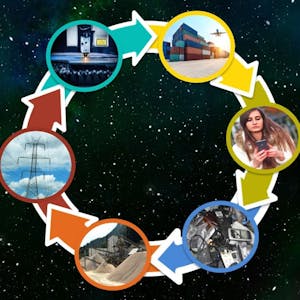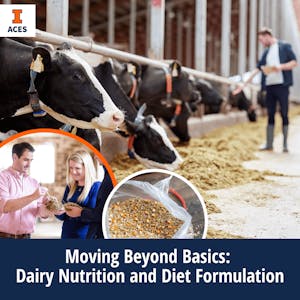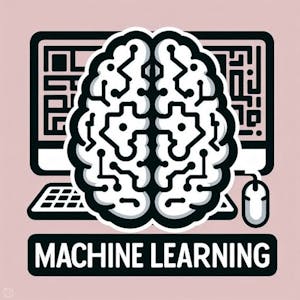Life Cycle Assessment
About this Course
This course will introduce you to Life Cycle Assessment (LCA ) methodology, a tool to assess the environmental impact of products and systems over the whole product life cycle, from cradle to grave. After a discussion of the potentials and limitations of quantitative LCA compared to other assessment tools, we will detail and practice each of the LCA phases. 1) The goals and system definition phase defines the goal and scope of the study, including the product function, functional unit, and the product system and its boundaries. 2) The Life Cycle Inventory phase quantifies the inventory of the various elementary flows of resource extractions and substance emissions crossing the system boundary, providing an overview of existing databases. 3) The life cycle impact assessment (LCIA) phase determines multiple environmental impacts damage and provides an overview of the existing LCIA methods 4) The interpretation phase analyses results from an LCA case study to provide recommendations towards more sustainable products. Leading actions in several industrial sectors (agriculture and foods, automotive, personal care products, and energy) will be examined through relevant case studies in order to demonstrate how effective environmental life-cycle assessment leads to new product development.Created by: University of Michigan

Related Online Courses
In this MOOC, we will learn Cloud Computing basics using AWS as an example, We will guide you to create AWS account, planning AWS resources for your cloud systems, create AWS EC2 instances, access... more
Welcome to the Responsible AI with AWS Security and Governance Course! In a world powered by AI, having responsible AI practices, security, and governance is essential. This AWS Certified AI... more
This course offers a comprehensive exploration of dairy cattle nutrition, focusing on feeding strategies for cows, calves, and heifers. Students will learn to formulate diets, identify key... more
An entrepreneur is someone who is always on the lookout for problems that can be turned into opportunities and finds creative ways to leverage limited resources to reach their goals. In this... more
This specialization is intended for post-graduate students seeking to develop practical machine-learning skills applicable across various domains. Through three comprehensive courses, learners will... more








